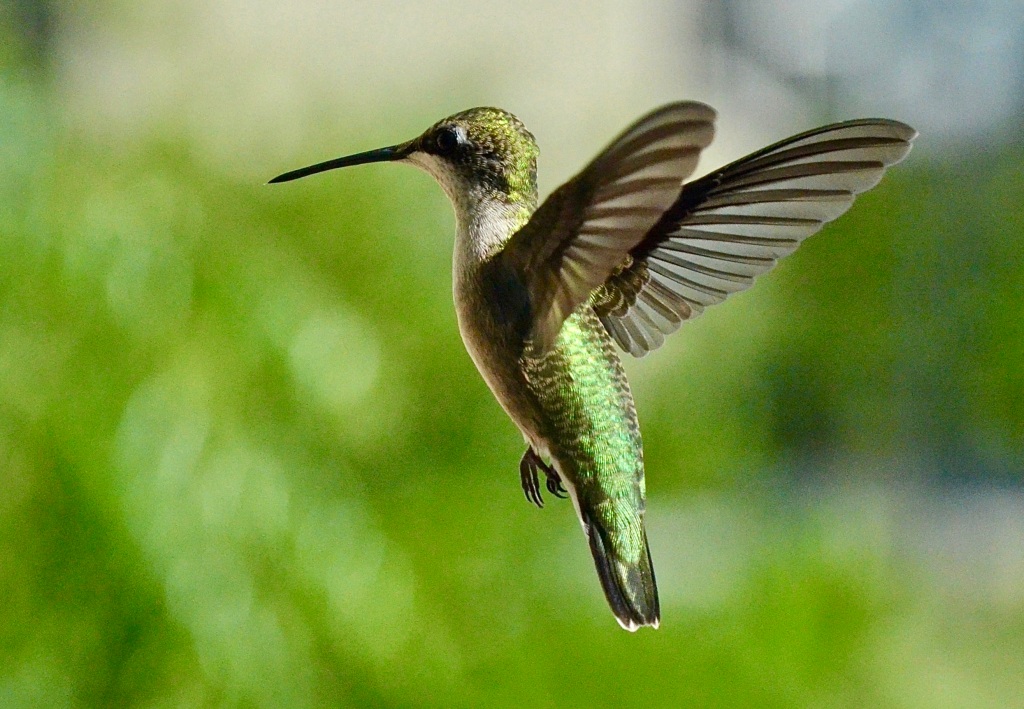Lost 150 million sparrows in 30 years, a sign of a profound change in the ecology of the territory.
The latest data has just been published by the magazine Scienze. A study with data from the last 50 years on 529 species of birds flying over the skies of North America (Canada and the United States) shows that today there are about 3,000 million birds less than to 1970. The figure is equivalent to 29% of all birds in the region.
The decline is widespread in almost all families and occurs in almost 60% of the species. But it is among the sparrows, the larks and the starlings that the disappearance reaches up to 75%. In total more than 421 million small birds have disappeared from the skies and gardens since 1970.
The classic sparrow is the one most affected by the phenomenon, but even the starlings do not fare well and it is worth repeating, as Richard Inger, at the head of the study, that «birds play a crucial role in the ecosystem: in the control of pests, in the dispersion of seeds, in the elimination of carcasses, and more ».

The ruby-throated hummingbird (Archilochus colubris) is a species of hummingbird that generally spends the winter in Central America, Mexico and Florida and migrates to eastern North America to breed in the summer. It is by far the most common hummingbird seen east of the Mississippi River in North America.
There is no single cause for the mass disappearance of birds. The authors of the study indicate how the deterioration of the habitat, the direct human pressure or the progress of agriculture and, above all, its intensification cause. The use of insecticides is also leaving insectivorous species without food. Other causes mentioned could be deforestation in tropical areas or disruption caused by climate change, particularly among birds that nest more to the north. The situation can be improved with simple measures: on extensive lawns and from litter leaving a minimum of 10% of the surface must become the norm with each mowing.
The positive effect of these residual surfaces on insects is demonstrated. The use of pesticides must be severely limited and must not be for preventive purposes, but only from a certain damage threshold. It is shown that, as a rule, a reduction in pesticides of around 42% does not cause losses in the crops. Through information actions, the willingness of consumers to buy foods produced with few pesticides must be further increased.
In the agglomerations, the great majority of the green surfaces are arranged in an unnatural way and «cured» intensively; for insects they are not attractive. Gardening professionals and garden owners should be motivated to create gardens that are near natural and insect-friendly.
There are also those who, from the Exeter census, are in excellent health. On the contrary, there are growing species, such as the blackcaps, the robins, the cincies, the blackbirds and the storks that, together with the marsh hawks, are indeed the most protected species. So the alarm does not concern all species, but only some and probably the very ones that struggle the most to get food for a complex series of changes.
-linate


I thank you so much too.🌺
LikeGefällt 2 Personen
Sparrows are disappearing fast in the UK too. Worrying!
Many thanks for following my blog.
Best wishes, Pete.
LikeLike
😭
LikeLike
It is loss of habitat, pesticides and global warming.
LikeLike
Hat dies auf By the Mighty Mumford rebloggt und kommentierte:
ALAS—- BIRDS GO, AS SOMEDAY SO WILL WE!
LikeGefällt 1 Person
Exactly😔
LikeLike
The power ‚happy in short.☺️ A cultivated garden according to nature is popular with many species of birds. If next to the garden there is a natural lawn that is cut only twice a year, our winged friends can find what to live throughout the year, because the spontaneous meadow is rich in seeds, beetles, worms, larvae , caterpillars and insect eggs of all kinds, many of which are harmful to plants. Some shrubs typical of the area can offer birds a safe place to eat and fruits to feed on.
LikeLike
I don’t know if the comment arrived …
I observed this phenomenon in Poland. When the garbage bins were open, the birds had plenty of food, so flocks of sparrows formed whole colonies in the estate. Now the bins are tightly closed, the birds are gone. I only see crows in winter.
LikeLike
Seems we are in another mass extinction phase. Very disheartening.
LikeLike